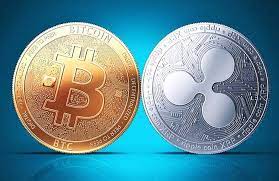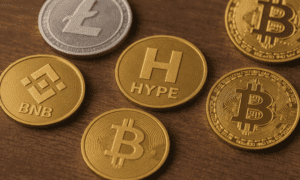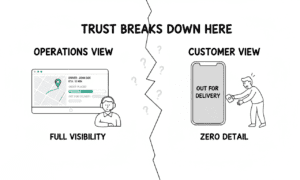From afar it appears that bitcoin is the only crypto worth investing in as it leads in market valuation and contains valuable momentum as the most well-known cryptocurrency.
Every single day, bitcoin continues to rise and gain greater acceptance as a viable alternative to traditional money. You may have a deeper understanding of the numerous trends in the world of cryptocurrency trading by learn crypto trading.
But there are several alternative choices available for people looking to diversify their holdings and try out coins that have a different perspective on the idea of digital currencies. One of them is Ripple XRP.
What is Bitcoin?
Bitcoin is a virtual currency used to enable payments for products and services that run on an existing blockchain record. The blockchain is a publicly accessible database of all the successfully done trades and records of these exchanges all while forming the foundation of the bitcoin network.
Transactions are continuously added to the Bitcoin blockchain after being verified by miners for which they are also effectively awarded.
What is Ripple?
The native cryptocurrency for goods created by Ripple Labs is called Ripple XRP. Its products are utilised in remittance systems that function more like SWIFT, a system for global cash and safety transactions used by a group of banks and financial intermediaries, for sending money, asset exchange, and remittance systems.
The business was started as a social media-enabled peer-to-peer trust network. By passing banks, users within a network might open credit lines and make loans to one another. But the network never got off the ground.
Why should you choose Ripple over Bitcoins?
Blockchain transaction approvals can take a long time and have a high transaction cost because of how difficult and time-consuming bitcoin mining is.
On the other hand, transactions with Ripple XRP are often relatively cheap and are confirmed in a matter of seconds.
Similar to Bitcoin transactions, Ripple XRP transactions have a processing fee but minimal. A tiny amount of XRP is charged to the user each time a transaction is made on the Ripple network, individually or through organisations.
The concept that any unsold XRP each month will be sent over to an escrow account is yet another helpful feature of Ripple XRP. This process makes sure that there won’t be any abuse potential due to an XRP cryptocurrency glut, and it will take a long time before all the cryptocurrency is made publicly available.
Although Ripple has a slightly more complex working model, it outperforms the bitcoin network in terms of transaction fees and time frames.
Bitcoin, on the other hand, has an edge over XRP in other aspects because it is more widely used and popularly known.
The Ripple network, while decentralised, is managed and run by a private firm that shares the same name, unlike Bitcoin, which continues to be a publicly managed system that is not controlled by any single person, entity, or organisation.
Although the two well-known virtual systems each have their distinctive cryptocurrency coins, they are designed for various purposes. So, according to your investment preferences and portfolio, you can select either cryptocurrency.
So, what are you still holding out for?
Join a trading course and start investing right away!































